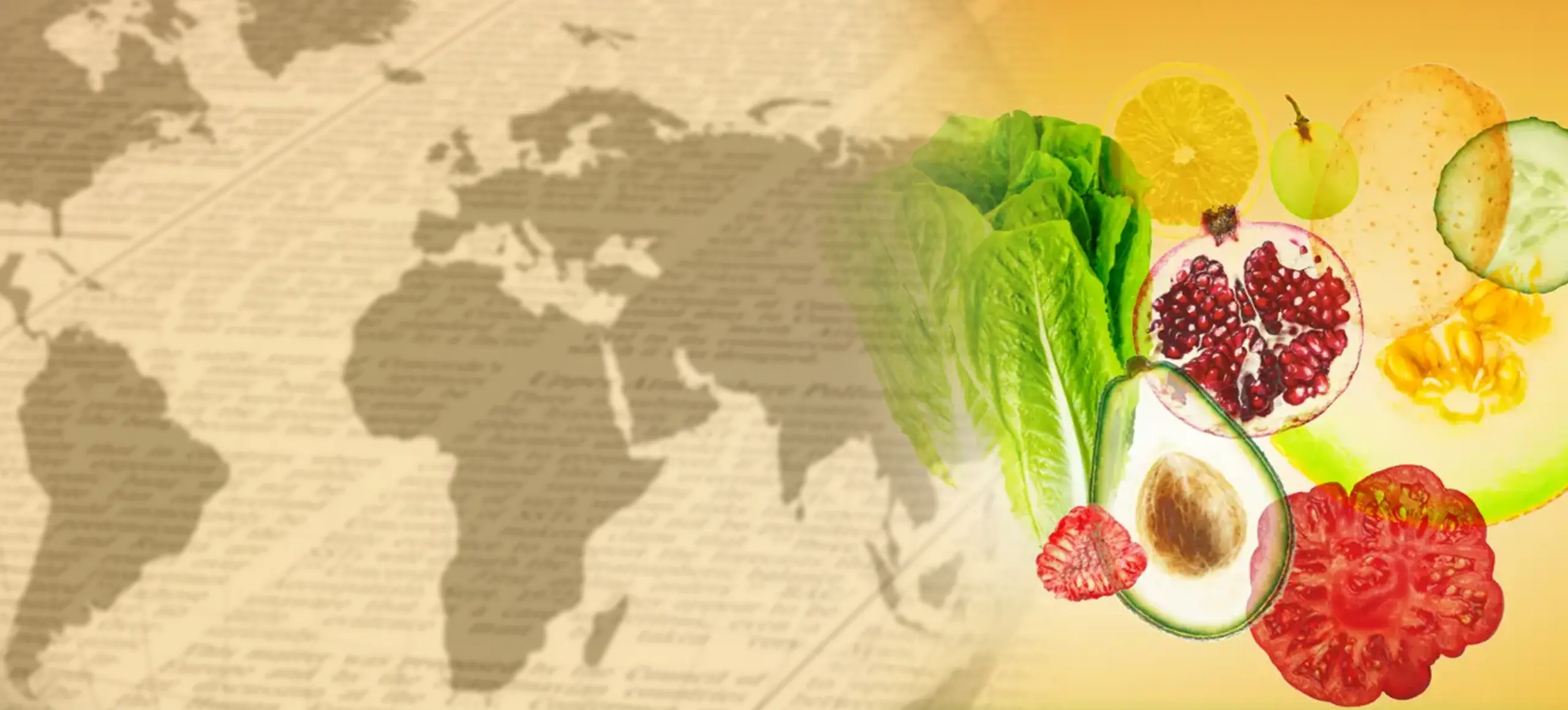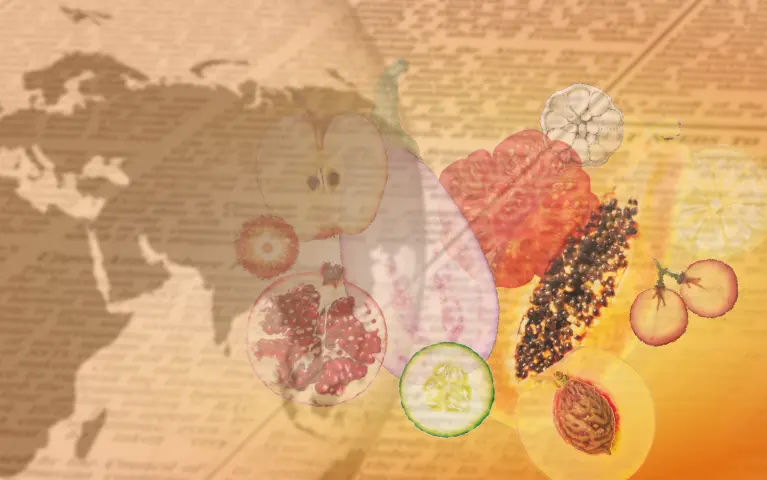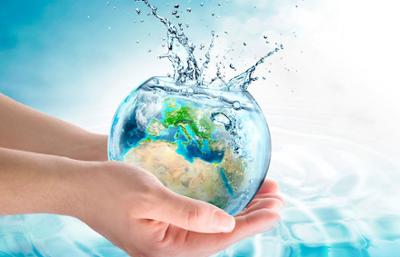

New technologies reach the countryside to save on water bills
Spain is one of the most water-stressed countries in Europe, with a large part of its territory at risk of desertification. Faced with this worrying scenario left by climate change, fruit and vegetable operators are carrying out initiatives to reduce their water footprint and guarantee access to drinking water in the coming years. These include the implementation of new irrigation systems, the installation of digital technologies based on precision agriculture, farm automation and the use of micro-organisms to reduce water consumption.
Spain is one of the most water-stressed countries in Europe, with a large part of its territory at risk of desertification. Climate forecasts made by different organisations predict that heat waves and droughts will also become more intense and more frequent. Faced with this worrying scenario left by climate change, fruit and vegetable operators are carrying out initiatives to reduce their water footprint and guarantee access to drinking water in the coming years.
These include the implementation of new irrigation systems, the installation of digital technologies based on precision agriculture, farm automation and the use of micro-organisms to reduce water consumption. Many companies have already opened up lines of research to tackle a problem that could in the future hinder the growth and profitability of the agricultural sector.
These are some of the measures being adopted by operators, although they are not the only ones, given that it seems clear that desalination and water reuse will be strategic tools to guarantee the continuity of agriculture in southern Spain, the area most affected by the effects of climate change.
Investing in the countryside to cope with the effects of climate change
Investment in new equipment can even save an apple harvest in a situation of extreme drought such as the one suffered by Catalonia this year. For example, Girona Fruits, a company based in Bordils, has worked on a system of responsible water consumption to promote drip irrigation in most of its orchards.
Along with this measure, it has also implemented a system for monitoring water needs, which, through the installation of probes, makes it possible to adjust crop consumption. Thanks to the implementation of all these initiatives, production this season has been similar to the previous one.
Agrícola Navarro de Haro from Almeria is working in the same direction, even more so after watermelon production has dropped in the last two years due to climate change. The company from Almeria is focussing its activity on the farms, a process that involves the installation of probes and the automation of irrigation heads to save on the water bill and achieve a more sustainable crop.
The company explains that with the irrigation probes, installed in most of the crops, it has achieved savings in water and nutrients, as the whole process is carried out on demand by the plant.
Digital technology is also making its way into companies to optimise water resources in crops. In avocado, for example, the focus is on Grupo Alcoaxarquía, a company from Malaga that has incorporated dendometric and intelligent technology, based on irrigation water management software.
This new solution integrates sensors, flow meters, dendometers and satellite images, as well as monitoring equipment. Using this technology, it can process field information in real time to schedule irrigation more efficiently.
The savings extend to all areas of the production process. An example of this is the commercial alliance sealed by Fontestad, which has implemented AgroFresh's innovative ‘Control-Tec Eco’ system, a technology that allows it to substantially reduce water consumption in its fruit washing process. According to the Valencian company, this washing system has led to annual savings of more than 70%.
Digitisation is making inroads to optimise water use
One of the most outstanding initiatives in the application of new digital technologies comes from AINIA, which is participating in the Digital Irrigation project to face the challenges of climate change in Mediterranean agriculture. Its objective is to optimise the use of water in plots by means of differentiated agronomic strategies, adapted to the specific conditions of each crop and plot.
The project, funded by the Agència Valenciana de la Innovació (AVI), brings together an interdisciplinary team including CSIC-CIDE, IIAMA-UPV, ASDRON Spain, IVIA, ANECOOP and AINIA. They are developing an irrigation scheduling model based on accurate data on the water status of plants, using cutting-edge technologies such as remote sensing, drones and hyperspectral and thermal sensors.
Another relevant project in this field is SmartCrops 5.1, based on the application of digital twins, which optimise water and nutritional management of crops in the face of climate change, and on the monitoring and estimation of sustainability indicators of agricultural production systems to achieve sustainable agriculture.
The digital twins make it possible to reproduce on a computer what happens in the field, simulating the behaviour of the plant and its interaction with the environment with a view to checking the efficiency of the processes before they are carried out on the crop.
The challenges addressed by the project to adapt crops to climate change include efficiency in the consumption of resources thanks to digitalisation; the reduction of the water footprint through smart irrigation; the reduction in the use of phytosanitary products; the use of Big Data/Al/Cloud/Edge Computing and energy efficiency measures; and the implementation of regenerative practices to obtain healthier soils that allow better water retention.
The consortium developing the project is made up of eight companies from the agro-technology and agricultural production sector (Familia Torres, Trops, Hispatec Erpagro, Pulverizadores Fede, Cortijo Guadiana (Castillo de Canena Group), Prima Ram, Florette Ibérica and Bodega Matarromera) and seven national research centres (Centro de Investigaciones sobre Desertificación-CIDE-CSIC, University of Almeria, Instituto de Investigación y Tecnología Agroalimentaria-IRTA, Fundación FIDESOL, Fundación Air Institute, University of Burgos and Estación Experimental Instituto de Hortofruticultura Subtropical y Mediterránea ‘La Mayora’-IHSM La Mayora-CSIC).
Grupo Lucas, based in El Raal (Murcia), has also launched the SIRIS Project, whose objective is the pilot-scale design of a new sustainable irrigation system based on the collection of agricultural drainage to achieve the reuse of water and nutrients in the cultivation of citrus fruits.
And Grupo La Caña, together with the University of Granada, has initiated a research project aimed at the study of microorganisms in crop soil, with the objective of creating consortiums of microorganisms that work synergistically to improve the absorption of nutrients by plants and reduce water consumption.






